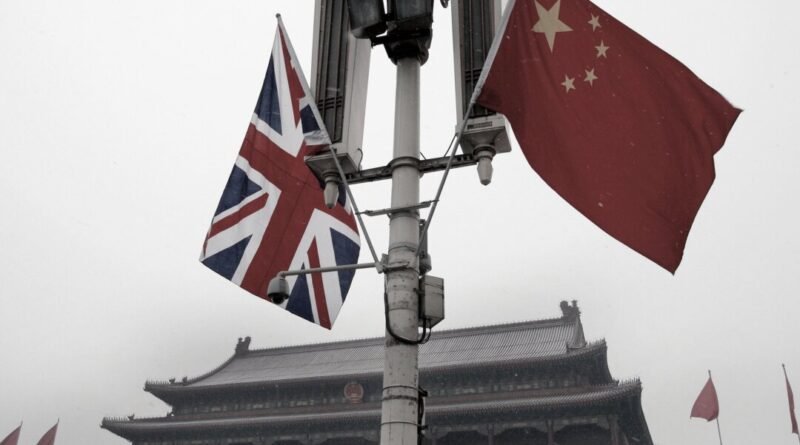UK reduces aid to China by 90% while transparency issues remain
The amount of aid allocated to China dropped significantly from £80 million in 2019 to approximately £8.2 million. However, concerns have been raised by a watchdog regarding the lack of transparency in how taxpayers’ money is being utilized.
The Independent Commission for Aid Impact (ICAI) highlighted that the UK’s bilateral aid to China has decreased by about 90% since 2019. Despite this decline, the watchdog emphasized inadequate transparency surrounding the expenditure of the funds.
ICAI reported that the transparency levels are still insufficient, especially concerning ‘administration costs.’ Additionally, there is a lack of planning for China’s anticipated graduation from aid eligibility.
Although direct aid to the Chinese government ceased in 2011 as China’s economy grew, aid continued through non-governmental programs.
Starting in 2021, the government announced a reduction in aid to China after former Prime Minister Boris Johnson cut the UK’s foreign aid budget due to the impact of the COVID-19 pandemic. Nevertheless, the government affirmed its commitment to continue engaging with China on climate and global health issues.
ICAI projected in 2021 that China, while still eligible for ODA funds, may surpass the eligibility threshold within the next four to six years.
In 2022, science minister George Freeman declared that the Department for Business, Energy and Industrial Strategy, which is now closed, would discontinue all bilateral ODA funding to China. However, technical assistance for climate change in China would persist on a smaller scale through non-ODA funding sources.
The watchdog no longer distinguishes between aid to, with, and in China since 2021, categorizing almost the entire existing aid portfolio as aid ‘to’ China.
During the current financial year, a majority of the expenditure, approximately £5.8 million, was channeled through the British Council, an autonomous entity of the Foreign, Commonwealth and Development Office (FCDO).
Additionally, around £1.24 million was allocated for scholarships for Chinese students through the FCDO’s Chevening Scholarship Programme.
The FCDO also invested £500,000 in China through its global Forest Governance, Markets and Climate Programme, while the Department for Environment, Food and Rural Affairs directed roughly £200,000 to China via its Illegal Wildlife Trade Challenge Fund.
The FCDO anticipates that aid to China will remain at the current level until the country becomes ineligible for ODA funding.
ICAI criticized the lack of transparency around administration costs, as the government ceased publishing ODA-eligible administration costs on a country-by-country basis.
According to the watchdog, the FCDO stated that the current methodology used to determine the department’s total ODA-eligible operating costs at a country level may not be reliable. Statisticians from the department have committed to reviewing the methodology and engaging in further discussions with ICAI to address this issue.
The watchdog also raised concerns about the lack of planning for transitioning funds from ODA to non-ODA sources in China, particularly regarding the work of the British Council.
ICAI Commissioner Sir Hugh Bayley, lead author of the report, emphasized the need for enhanced transparency in the allocation of UK taxpayers’ funds in China. He stressed the importance of developing a proper strategy for the transition as China nears ineligibility for aid, especially in sustaining dialogue with the country on crucial global issues like climate change.
In the previous year, prominent Tories, including former party leader Sir Iain Duncan Smith, who is sanctioned by the Chinese regime, called for a halt to aid funding to China. They argued that it is illogical to provide aid to “an economy larger than ours.”






